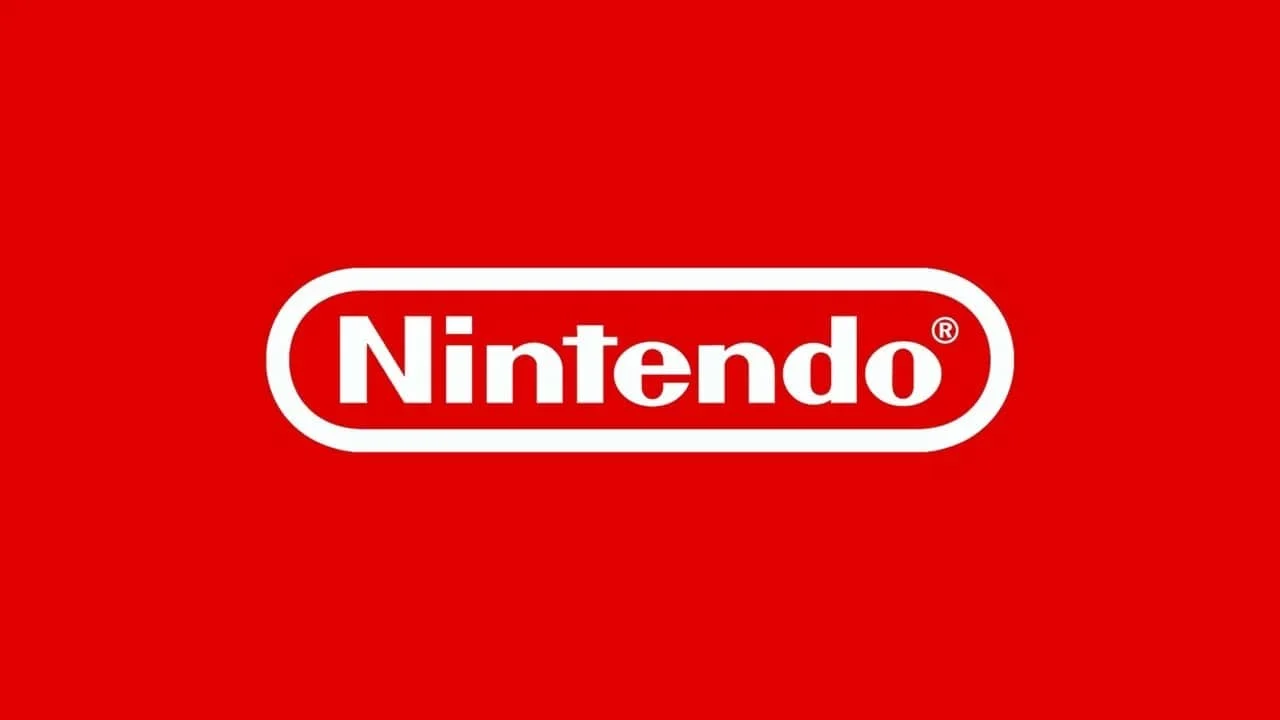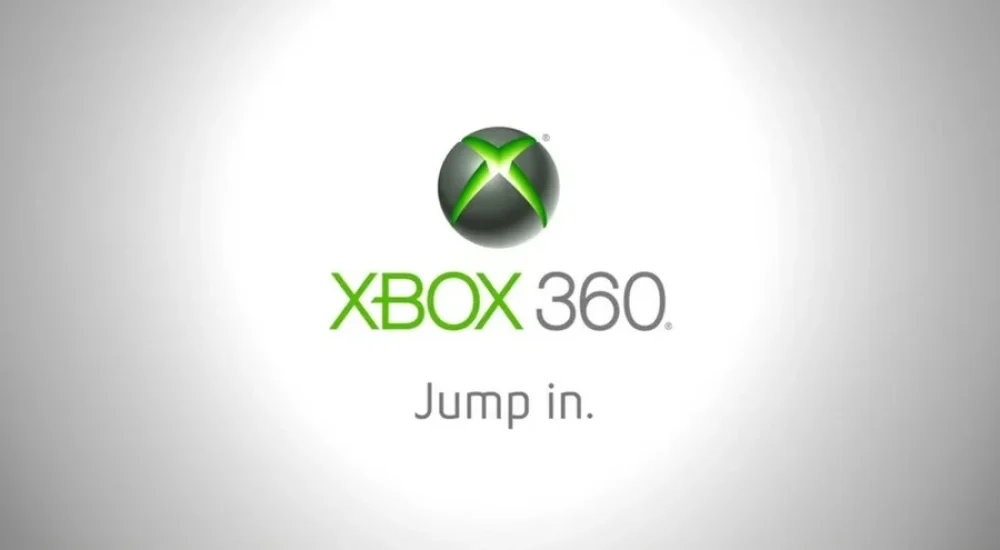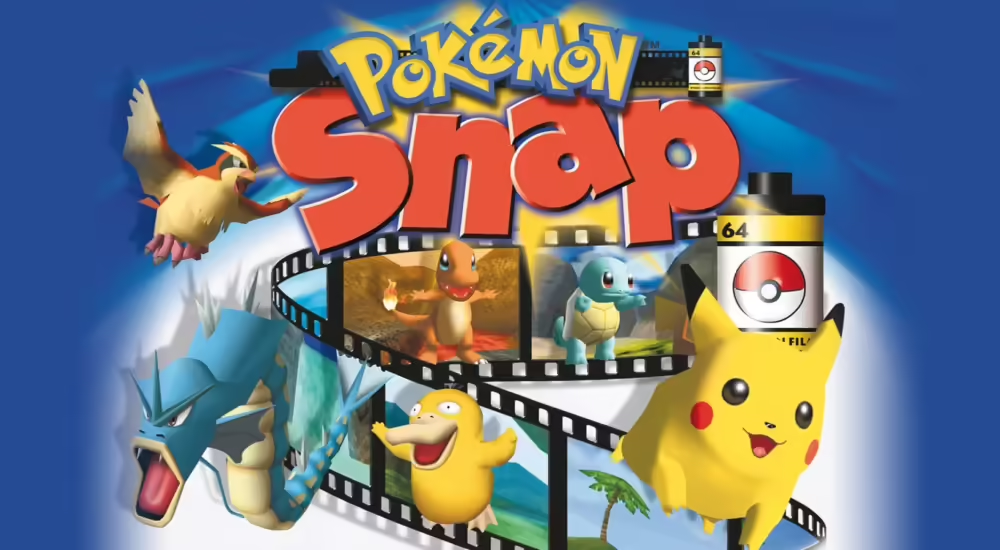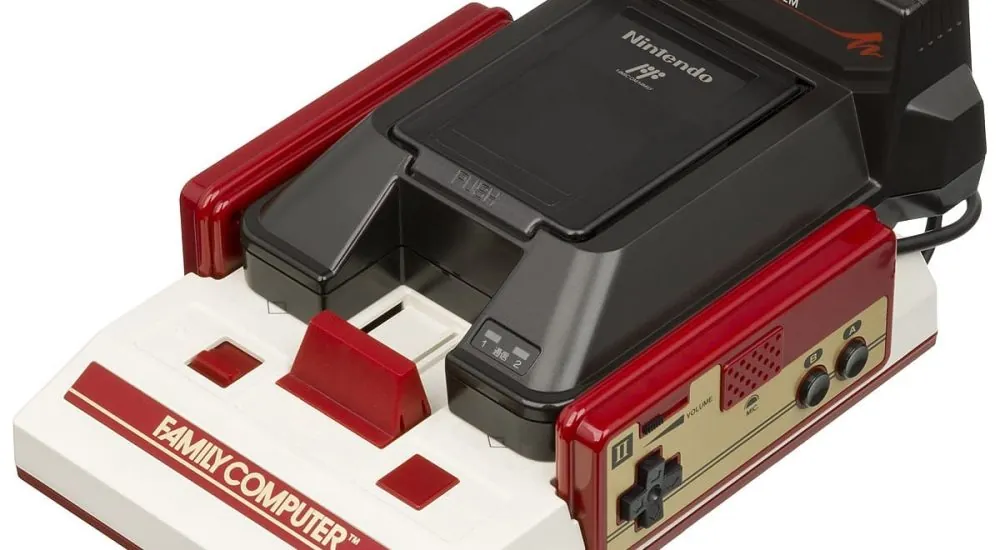Nintendo has been actively taking down YouTube videos that feature its games being emulated or modded, which has sparked significant discussion and concern within the gaming community. This action primarily targets content creators who showcase modified versions of Nintendo games, such as The Legend of Zelda: Breath of the Wild and others, often using emulators like CEMU or Yuzu.
Reasons Behind Nintendo’s Actions
- Intellectual Property Protection: Nintendo’s aggressive stance is largely driven by the need to protect its intellectual property rights. Under Japanese copyright law, failure to enforce these rights could potentially weaken their legal standing, leading to a loss of ownership over their IPs.
- Legal Compliance: Recent laws in Japan have criminalized console and game modding, as well as save file editing. As a Japanese company, Nintendo is likely adhering to these laws and extending enforcement to content related to its games in other jurisdictions.
- Revenue Protection: Nintendo is likely aiming to safeguard its revenue streams from what it perceives as competing products or unauthorized modifications that could affect sales.
I hate making posts like this, but I received another copyright strike this morning. I'm going to have to change the way I make videos. More info: https://t.co/ihGy4OLNzx pic.twitter.com/xRHx0PN2pn
— Retro Game Corps (@RetroGameCorps) September 28, 2024
Impact on Content Creators
- Content Takedowns: YouTubers such as PointCrow have reported takedowns of their videos featuring modded gameplay. This has raised concerns about the livelihoods of content creators who rely on such videos for income.
- Community Reaction: Many in the community view these actions as overly harsh, especially when they impact videos showcasing unmodded gameplay. Critics argue that these takedowns might violate fair use laws and stifle creativity and fan engagement.
- Risk for Creators: Content creators are now more hesitant to produce videos involving Nintendo games, fearing potential legal repercussions or channel strikes.
Broader Implications
Nintendo’s actions highlight the ongoing tension between protecting intellectual property rights and fostering a community that thrives on creative expression through mods and emulation. While modding and emulation can legally exist in a gray area, companies like Nintendo often take a conservative approach to protect their interests. This situation underscores the importance for content creators to be aware of the legal landscape surrounding their work, especially when it involves modifications or emulation of proprietary software. As this issue evolves, it will be crucial for both creators and companies to find a balance that respects legal boundaries while allowing for fan-driven innovation and engagement.










